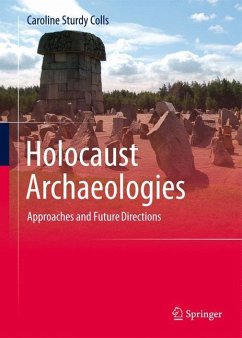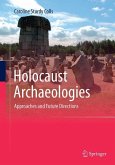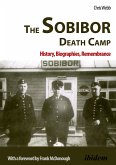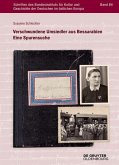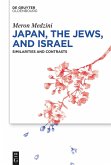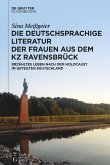Holocaust Archaeologies: Approaches and Future Directions aims to move archaeological research concerning the Holocaust forward through a discussion of the variety of the political, social, ethical and religious issues that surround investigations of this period and by considering how to address them. It considers the various reasons why archaeological investigations may take place and what issues will be brought to bear when fieldwork is suggested. It presents an interdisciplinary methodology in order to demonstrate how archaeology can (uniquely) contribute to the history of this period. Case examples are used throughout the book in order to contextualise prevalent themes and a variety of geographically and typologically diverse sites throughout Europe are discussed. This book challenges many of the widely held perceptions concerning the Holocaust, including the idea that it was solely an Eastern European phenomena centred on Auschwitz and the belief that othersites connected to it were largely destroyed or are well-known. The typologically , temporally and spatial diverse body of physical evidence pertaining to this period is presented and future possibilities for investigation of it are discussed. Finally, the volume concludes by discussing issues relating to the "re-presentation" of the Holocaust and the impact of this on commemoration, heritage management and education. This discussion is a timely one as we enter an age without survivors and questions are raised about how to educate future generations about these events in their absence.
"Sturdy Colls' crucial and ambitious volume has provided the foundation for a desperately needed practical and ethical protocol for archaeological investigation of Holocaust sites-one that will aid students and archaeologists considering entering the field, allow educators to keep their courses timely and relevant, inform interested laypeople, and spur debate about the future of Holocaust archaeology." (Robert M. Ehrenreich, Holocaust and Genocide Studies, Vol. 29 (3), December, 2015)
"In her just published book, 'Holocaust Archeologies: Approaches and Future Directions,' Sturdy Colls lays groundwork for the emerging field of non-invasive investigations of genocide sites. ... Sturdy Colls's 358-page volume is both a field manual for researchers, and a first-hand account of the herculean efforts required to conduct even a survey of Holocaustera grounds." (Matt Lebovic, The Times of Israel, timesofisrael.com, April, 2015)
"In her just published book, 'Holocaust Archeologies: Approaches and Future Directions,' Sturdy Colls lays groundwork for the emerging field of non-invasive investigations of genocide sites. ... Sturdy Colls's 358-page volume is both a field manual for researchers, and a first-hand account of the herculean efforts required to conduct even a survey of Holocaustera grounds." (Matt Lebovic, The Times of Israel, timesofisrael.com, April, 2015)

